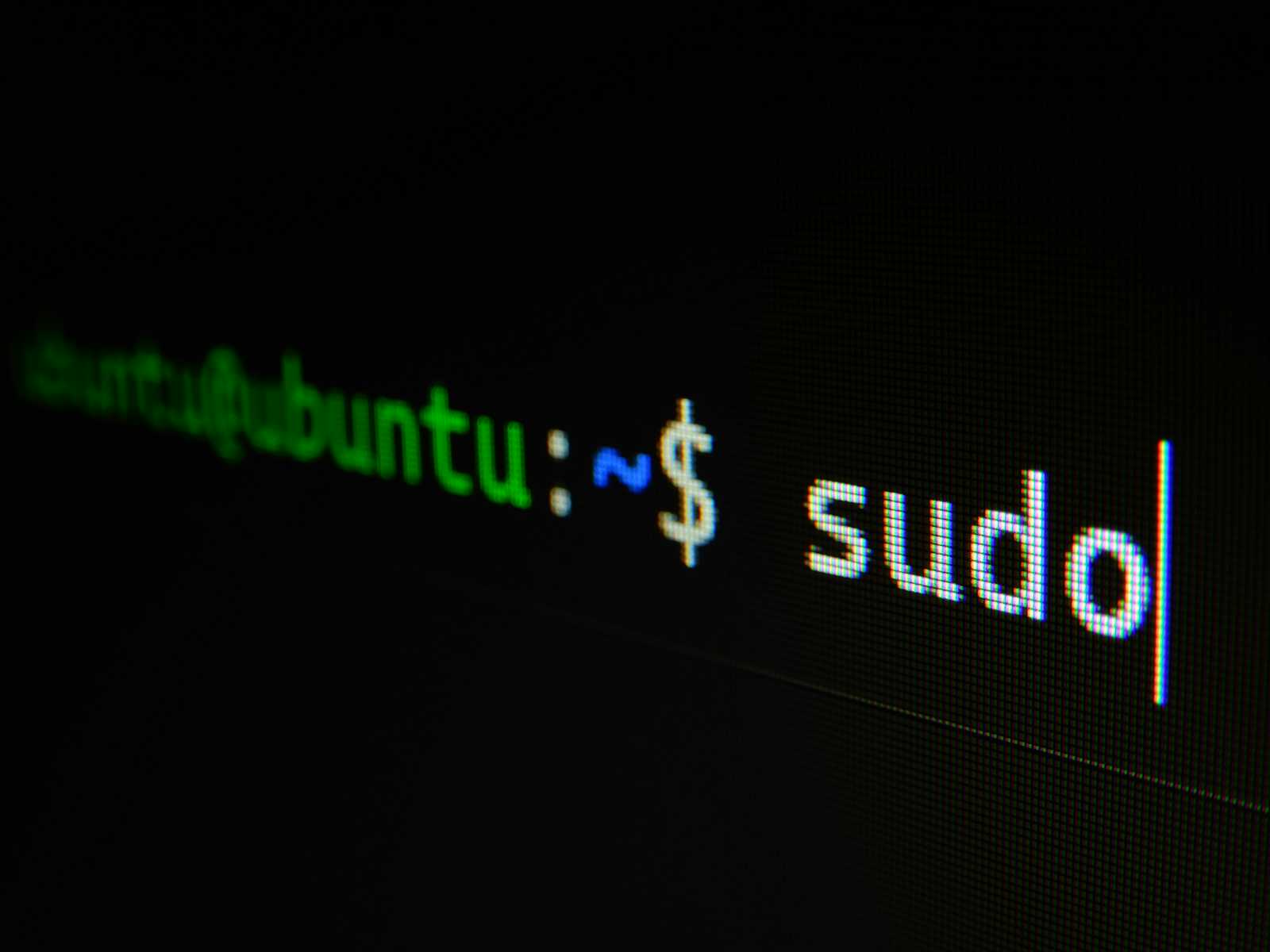Essential Linux commands for CTF players
 Masum Kazi
Masum Kazi
Some essential Linux commands you should learn to navigate, investigate, and manipulate files effectively for Capture The Flag (CTF) challenges:
1. Basic Navigation and File Management
ls: List files and directories.ls -la: List all files, including hidden files, with detailed info.cd: Change directory.pwd: Show the current directory.cp <source> <destination>: Copy files or directories.mv <source> <destination>: Move or rename files.rm <file>: Delete a file.rm -r <directory>: Remove a directory and its contents.
2. File Viewing and Searching
cat <file>: Display file contents.less <file>: View large files page by page.head -n <number> <file>: Show the first few lines of a file.tail -n <number> <file>: Show the last few lines of a file.grep <pattern> <file>: Search for text patterns within files.grep -r <pattern> <directory>: Recursively search for a pattern.find <directory> -name <filename>: Locate files by name.find / -perm 4000 2>/dev/null: Find files with the SUID bit set, which may have special permissions (useful in privilege escalation).
3. Network Commands
ping <host>: Test connectivity to a host.ifconfig/ip a: Show network interfaces and IP addresses.netstat -tuln: List open ports and associated services.curl <url>: Fetch data from URLs (useful for web-based CTFs).wget <url>: Download files from the web.nmap <target>: Network scanning tool for identifying open ports and services.
4. Permissions and User Information
chmod <permissions> <file>: Change file permissions.chown <user>:<group> <file>: Change file owner.whoami: Show current user.id: Show the current user’s ID and groups.sudo -l: List commands you can run assudo(helpful in privilege escalation).
5. System Information
uname -a: Display system information.ps aux: List running processes.toporhtop: Real-time process monitoring.df -h: Show disk usage.du -sh <directory>: Check directory size.env: List all environment variables.
6. Text Manipulation
echo <text>: Print text to the screen (can be redirected to files).awk '{print $1}' <file>: Extract specific columns from text.cut -d '<delimiter>' -f <field> <file>: Extract specific fields based on a delimiter.sed 's/<old>/<new>/g' <file>: Replace text in files using regular expressions.
7. File Compression and Archiving
tar -xvf <file>.tar: Extract.tararchives.tar -xzvf <file>.tar.gz: Extract.tar.gzarchives.zip <file>.zip <file>andunzip <file>.zip: Compress or decompress.zipfiles.
8. Cryptography and Encoding
base64 <file>: Encode or decode base64 files.base64 -d <file>: Decode base64.md5sum <file>andsha1sum <file>: Generate checksums for files, useful for hash cracking.
9. Scripting and Automation
bash <script>.sh: Run shell scripts.chmod +x <script>.sh: Make a script executable.for,while,if-else, andcasestatements: These can automate repetitive tasks.
10. File Permissions and Privilege Escalation Checks
ls -l <file>: Check permissions of files.sudo -l: Identify sudo permissions for privilege escalation.strings <file>: Display readable strings in binary files (useful for finding hidden information).
11. Binary Analysis and Reverse Engineering
strings <file>: Show strings in binary files.file <file>: Identify file types (especially useful if the file type is unknown).hexdump -C <file>: Show a file in hexadecimal format.lsof: List open files and processes (useful for seeing what's in use).
12. Useful Tools
nc: Netcat is used to network and transfer data.ssh: Secure shell access to remote servers.gdb <binary>: GNU debugger, helpful in reverse engineering.
These commands cover a solid foundation for CTF challenges. Familiarizing yourself with these basics will help you move confidently across different types of CTF tasks.
Subscribe to my newsletter
Read articles from Masum Kazi directly inside your inbox. Subscribe to the newsletter, and don't miss out.
Written by

Masum Kazi
Masum Kazi
A passionate learner, who loves to learn new things in this tech world.